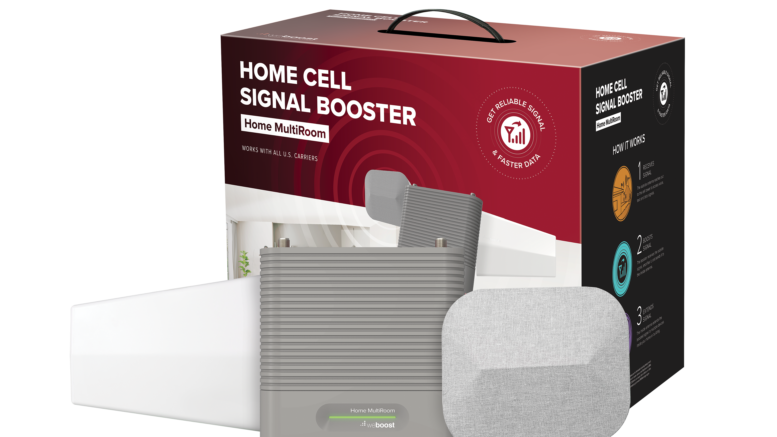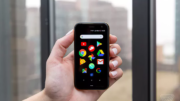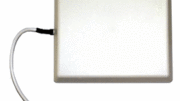Rain fade. Those two words linger around the satellite TV community like an albatross around the dish. They’re whispered in hushed tones by people who decry satellite television. And yet for all the hoopla, rain fade really isn’t a big deal. For most of the country, it’s a rare phenomenon, and even in areas where there are daily thunderstorms, it comes and goes by itself. As problems go, I’ll rank this one pretty low.
But the real question at the heart of this article concerns other forms of broadcasting. Should you, for example, ever worry about rain fade from radio? From television? From cellular? Will a cell booster help you if you have rain fade problems? Is this something you should worry about?
Not exactly.
A cell booster itself isn’t affected by rain fade, although dense rains can interfere with cell reception in general. Remember, a cellular signal booster can only amplify the signals it finds. If the signal is weakened by heavy rain, a booster is going to be less effective. If you have decent reception outside and the construction of your home makes it hard to get good reception inside, there’s no reason to worry about rain fade.
For the most part cellular signals themselves are very resistant to fade. They are at the relatively low frequencies of 600-1900MHz, unlike satellite signals that are up in the gigahertz range. As those frequencies get higher like that, you find that rain fade is an increasing problem.
Is rain fade a problem with 5G?
This problem is starting to get some traction as people get 5G phones. There’s not a lot of data out there at this point. Here’s why I think it’s not a problem:
Most 5G is down in lower frequencies
Most of the 5G service provided today is in the 600-850MHz frequencies which do not tend to have problems with rain fade. If you haven’t had problems with rain fade in the past with your phone, you won’t have problems now.
“Millimeter Wave 5G” is for very short distances
It’s true that some 5G signals use the same range of frequencies that satellite television uses. Those frequencies are prone to rain fade, and that would lead you to think there was a problem with 5G there too. The truth is I really doubt it. Satellite transmissions come from 22,000 miles away or more (depending on where you are in the country.) They pass through multiple layers of clouds. 5G comes from towers a couple of hundred feet away and those towers sit below the clouds.
I have no doubt that millimeter-band 5G is going to be affected by rain. I just don’t see it being a big problem.
How common is rain fade for cellular networks?
Personally I have only experienced rain fade with cellular on one occasion and it was during a period of very heavy rain. At that point, I saw my cell signal drop from 5 bars to no service. At the same time I lost all over-the-air antenna TV as well as satellite, so clearly we were talking about some very heavy clouds.
If you feel you are experiencing rain fade or something that looks or feels like it, I would start by checking all the connections on your cable to make sure that they are nice and tight and free from corrosion. More likely what looks like rain fade is actually signal loss due to poor connections.
Oh, by the way, if you’re looking for a cell booster because you’re worried about signal strength when it’s raining, shop the great selection at Solid Signal!





